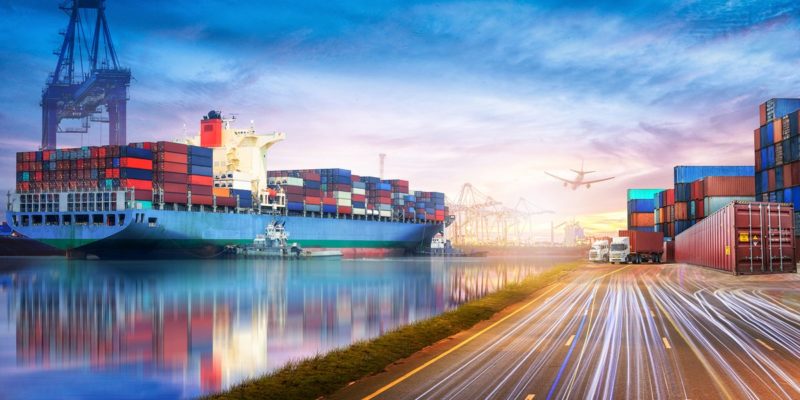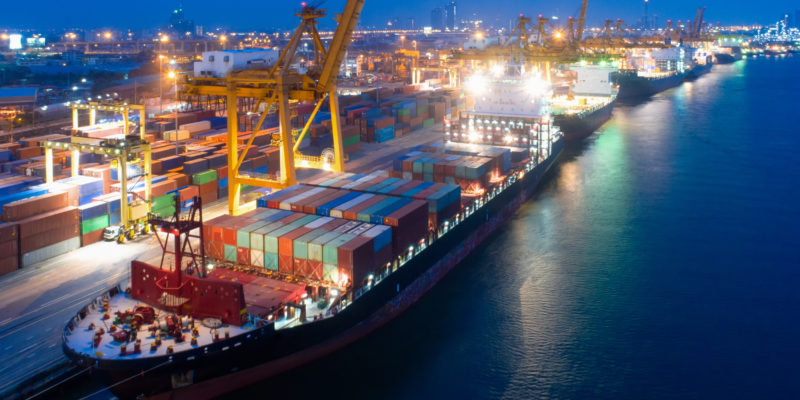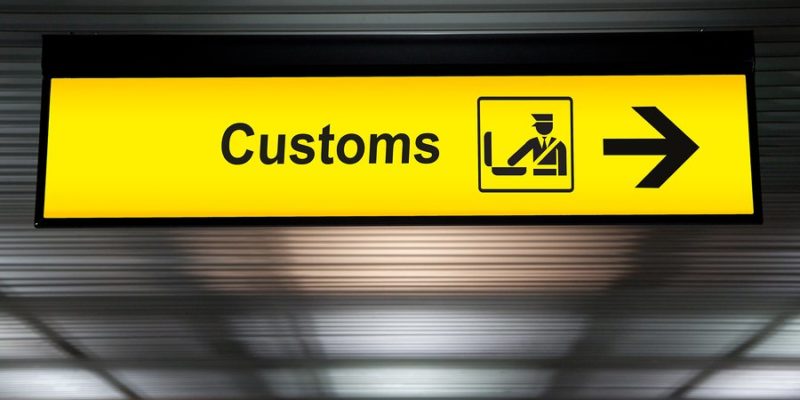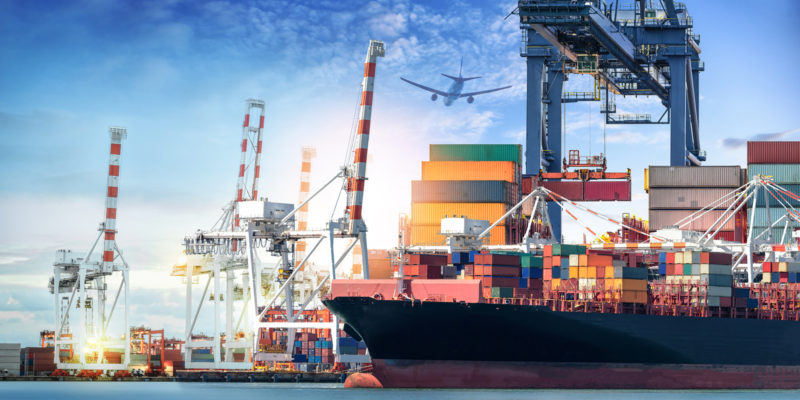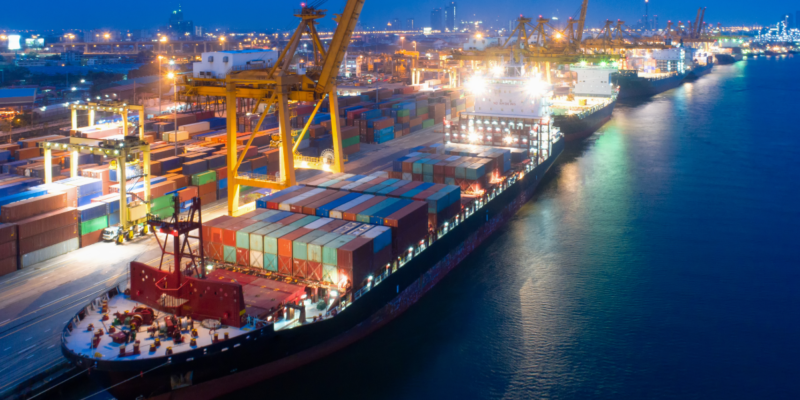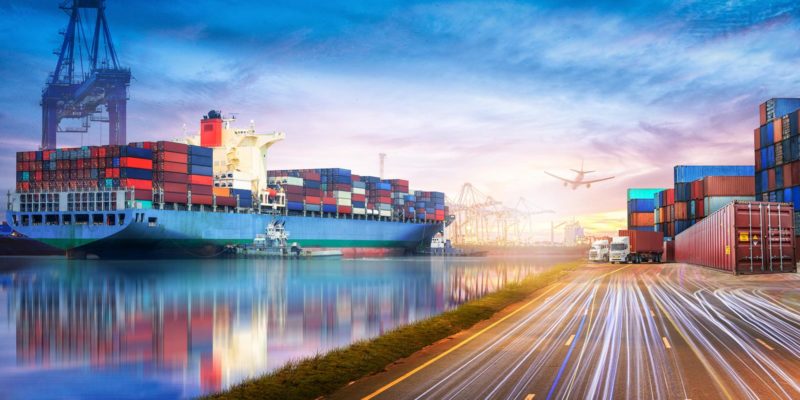There was (legislative) movement at the border of 2019 for tobacco and asbestos imports and FTA rule
The Australian border is a busy place, not just in terms of the movement of goods and people and not just in terms of the many free trade agreements (FTAs) and other trade developments. As many readers would be aware, the border also happens to be a busy place for legislation and other regulation by…


